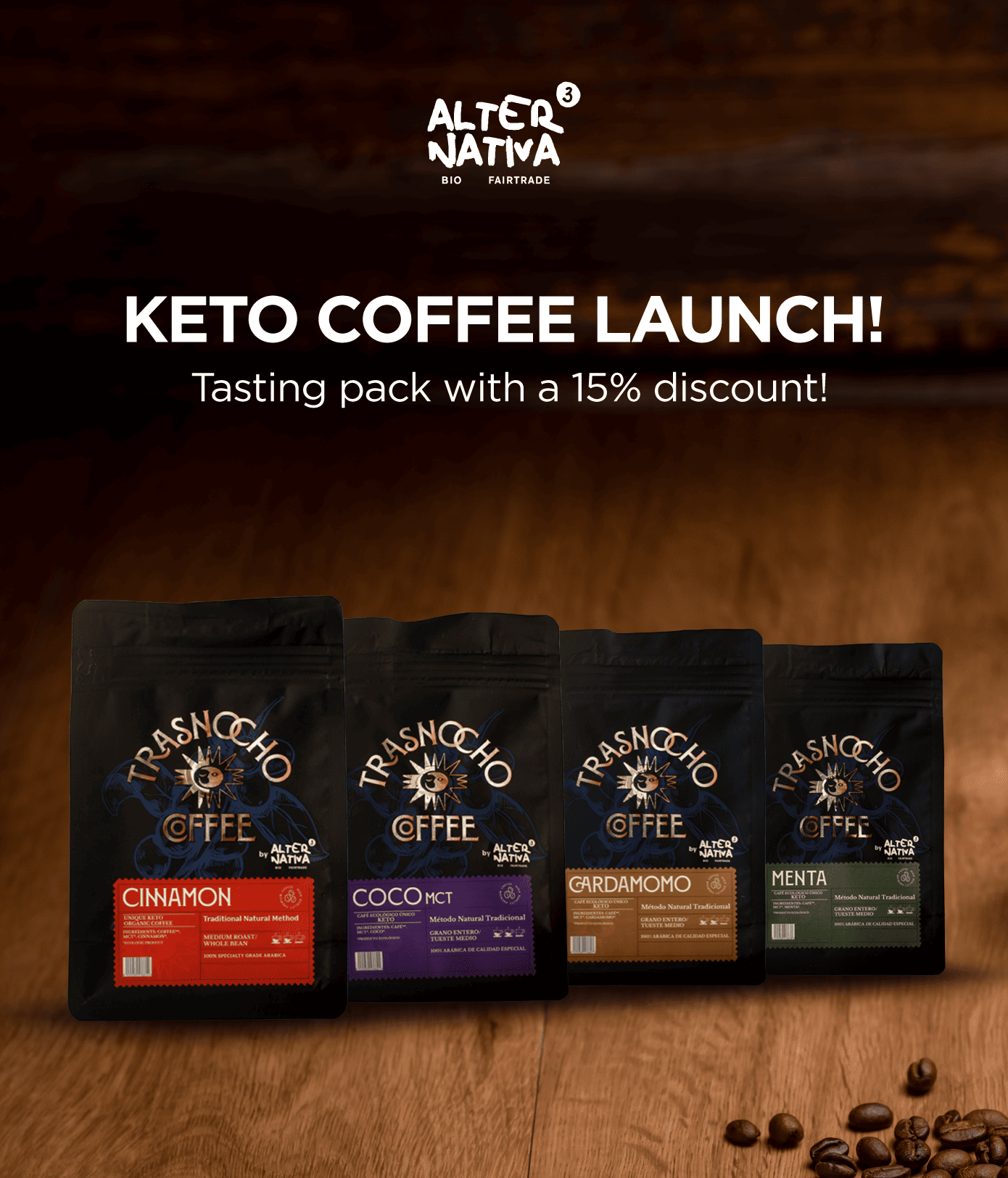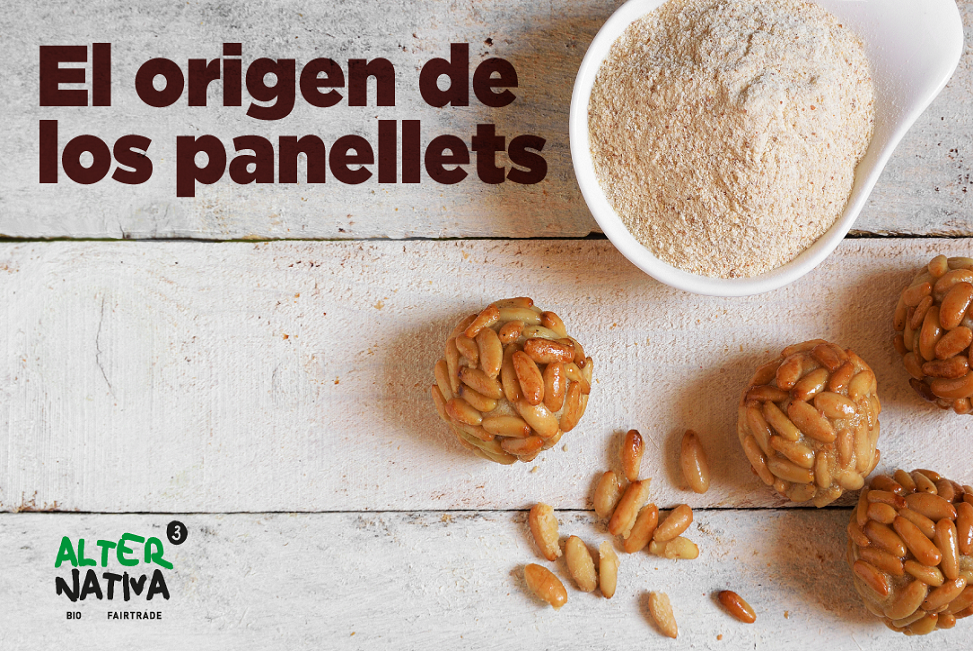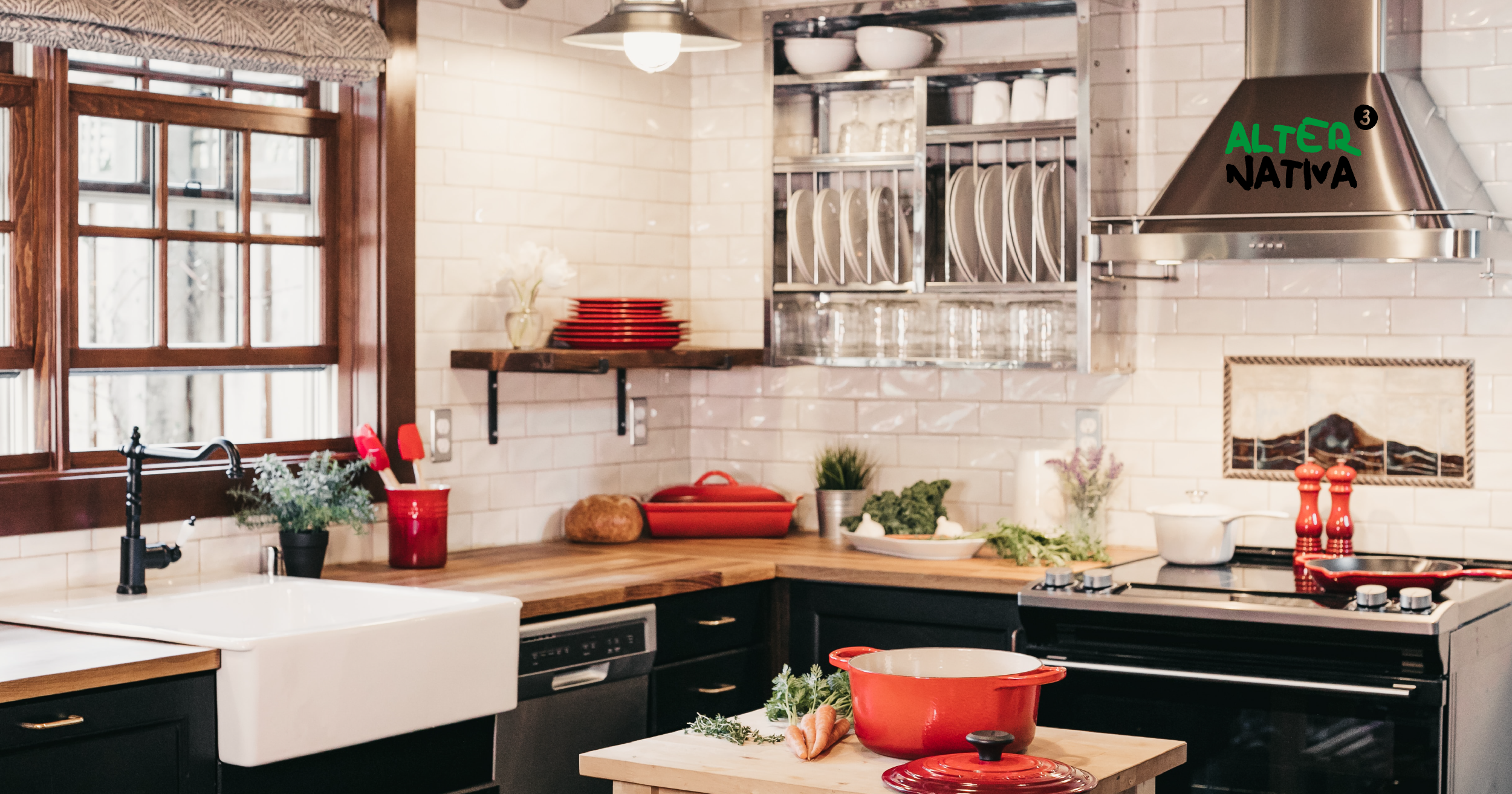Although the origin of panellets is, to a certain extent, uncertain, but there are some beliefs that are quite deep-rooted. The truth is that, with the Castanyada, these delicious sweets become an essential delicacy in our homes. And at AlterNativa3 we wanted to take a look at this tradition.
Panellets are closely linked to Catalan culture, although they have spread to other autonomous communities. Would you like to find out more about where they come from? Read on!
The origin of panellets as an offering to the deceased
It is believed that the origin of panellets dates back to the 18th century, when were made to be taken to the graves of the deceased as an offering.. At that time, the peasants used the dried fruits they had collected. Then they took the sweets to church to bless them and finally they offered them in the cemeteries.
This, of course, was only the beginning. There is evidence that panellets began to be raffled at popular festivals in Barcelona. This happened in 1796, and from then on they became increasingly popular. Little by little, they spread and their heyday came in the 19th century, when the number of cake shops began to proliferate.
What happened next, you know!
European Food Quality Label in 2002
A major milestone in the history of panellets was reached in 2002, when obtained the European Food Quality Label.. In fact, they were the first European product to do so! And of course, they have become a highly prized sweet and, of course, a classic of our traditions.
Nowadays, there are countless recipes. It is true that the traditional recipe is the one with marzipan and pine nuts, but also that we have a great variety of possibilities! With cocoawith coffeeDon't forget to use organic and Fair Trade ingredients so that your panellets are good for both people and the planet!
Tell us: which is your favourite version? Whatever it is, now that you know the origin of panellets, It's time to start preparing them!



